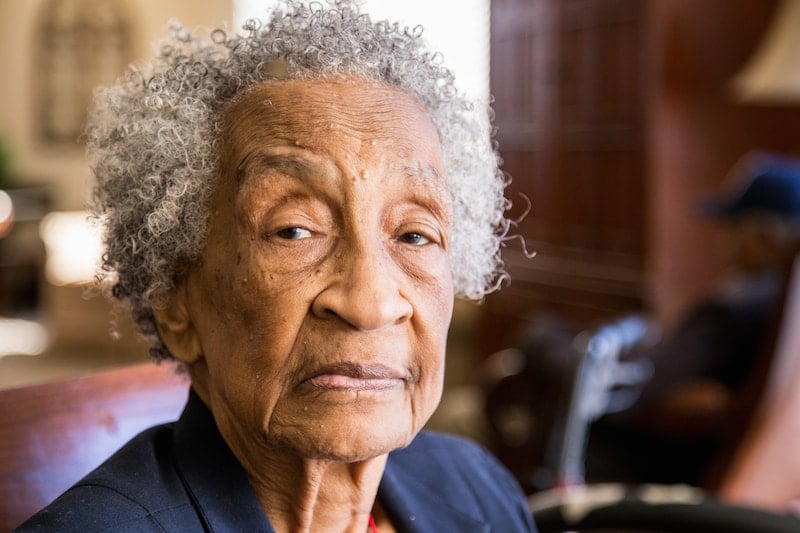Lights For Sundowners Syndrome

Early signs of sundowners syndrome.
Lights for sundowners syndrome. Unique to sundowning is an incremental appearance or worsening of symptoms in the afternoon and evening sometimes lasting well into the night. Early signs of sundowners syndrome include restlessness and agitation irritability confusion disorientation suspiciousness and becoming demanding. Yes full spectrum lights are very bright much too bright after cataract surgery. How to manage sundowning.
This is referred to as sundowning or sundowners syndrome. Multiple medical journals dating as far back as 1941 have. Go outside or at least sit by the window exposure to bright light can help reset the person s body clock. An increasing number of studies suggest that special lights can be an effective way to ease symptoms like sundowning.
This can create a vicious cycle. Doctors call it sundowning or sundown syndrome. Use a gate to block the stairs and put away anything dangerous like kitchen tools. Sundowners a term often used to describe aggression agitation changed mood confusion and other symptoms in folks with dementia around twilight or nighttime is very common according to this article in psychiatry investigations.
These low level lights will help a person with sundowner s know where they are if they wake up in the night. The term sundowning refers to a state of confusion occurring in the late afternoon and spanning into the night. The symptoms can get worse as the night goes on and usually get better by morning. Use night lights and locks on doors or windows.
Try to avoid this situation by helping the person. There are a number of other measures to help a person with sundowner s syndrome to. Fading light seems to be the trigger. Caring for seniors with dementia might get a little easier with light therapy for sundowners.
Being too tired can increase late afternoon and early evening restlessness. Turn on lights to help minimize shadows. Sundowning can cause a variety of behaviors such as confusion anxiety aggression or ignoring directions. Many people who experience sundowning syndrome have trouble sleeping at night.
















































